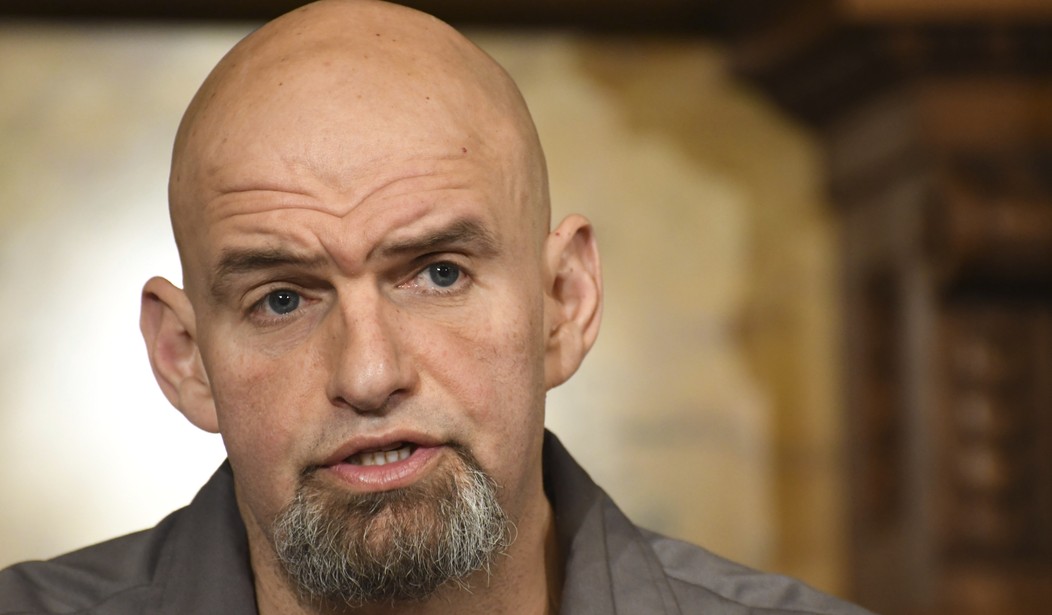With many states' primaries out of the way and final Republican vs. Democrat matchups finalized before the midterms, candidates — especially those with messy primary battles — are in need of cash to expand their campaigns in the final months before November's elections. For Democrats, mostly those running in battleground or red states, that means casting as wide a net as possible to rake in campaign contributions from sympathetic donors in other states that aren't even constituents.
The latest Federal Election Commission (FEC) filings covering the second quarter of 2022 showed just how many candidates relied on out-of-state donors — as seen in itemized individual contribution filings reviewed by Townhall — to advance their campaign goals, with a significant number of contentious races seeing more donations from outside than inside the state where voters will decide who will represent them.
New Hampshire Democrat U.S. Senator Maggie Hassan brought in more than $5 million from April 1 to June 30 of which $3.1 million were listed as itemized individuals. More than 88 percent came from donors outside of New Hampshire, while just 11.43 percent came from residents of the Granite State. More of Hassan's donations came from New York (12.82 percent) or California (18.73 percent) than her own state.
Out in Nevada where U.S. Senator Catherine Cortez Masto is defending her seat from GOP challenger Adam Laxalt, there's also more out-of-state money funding her campaign. Of the more than $3.8 million Cortez Masto's campaign brought in between May 26 and June 30, $1.9 million was reported as itemized individuals. More than 93 percent of those contributions were from outside of Nevada with just 6.75 percent of donors being Nevadans. More than 11 percent of Cortez Masto's reported individual donors were in New York, nearly 25 percent were in California, and more than 10 percent were in the area surrounding Washington, D.C.
Recommended
In Ohio, Democrat U.S. Rep. Tim Ryan — who is now running for U.S. Senate against Republican nominee J.D. Vance — raised more than $8.6 million from April 14 to June 30. Of that haul, itemized FEC filings show $4.3 million came from individuals but just 30 percent came from Ohioans. Nearly 70 percent of Ryan's individual donors don't even live in Ohio, with almost as many donations (more than 23 percent) coming from California and New York.
A similar situation exists in Georgia, where Democrat U.S. Senator Raphael Warnock is running against Republican candidate Herschel Walker to hold his seat and serve his first full term in the next Congress. From May 5 to June 30, Warnock pulled in more than $11.6 million, with itemized individual receipts constituting more than $5.4 million. But more than $4.8 million — some 88 percent — of his contributions came from outside of Georgia while just 11.4 percent of his campaign funds received in Q2 were from residents of the Peach State. More contributions, 19.8 percent, were from California.
In Pennsylvania, current Democrat Lt. Governor John Fetterman is running for U.S. Senate against Republican Mehmet Oz. From April 28 to June 30, Fetterman raised more than $10 million despite being sidelined in May by a stroke that took him off the campaign trail for roughly two months. Reporting more than $4.4 million in itemized individual receipts, his financial backers also skewed out-of-state (62 percent) with just 38 percent coming from Pennsylvanians. Meanwhile, nearly 30 percent of Fetterman's contributions came from New Yorkers, Californians, and people living near the nation's capital.
Democrat U.S. Senator Mark Kelly is running for reelection in Arizona, but he too is relying on out-of-state money to carry him to November. Bringing in more than $13.5 million between April 1 to June 30, Kelly reported more than $7 million in individual itemized contributions. Of that, some 20 percent came from within the Grand Canyon State while nearly 80 percent came from non-constituents including more than 25 percent that came from donors in New York and California.
As has been made clear by the incumbent Democrats looking to hold onto their seats in unfavorable midterm conditions under a chronically — and increasingly — unpopular Democrat president, they're not focused on representing the needs of their states. Instead, they're focused on changing the way the United States runs and seeking to accumulate as much power for themselves as they can in the process. Senators who do vote in-line with their constituents — such as West Virginia's Joe Manchin and Arizona's Kyrsten Sinema — are castigated for supposedly not being team players. The contributions from out-of-staters, notably New York and California, are part of Democrats plan to preserve power in order to continue their radical agenda regardless of what the residents of individual states want. Court packing, a federal takeover of elections, codifying radical abortion protections, undermining law and order — their priorities all rely on a majority in Congress that they're doing everything they can to protect.

























Join the conversation as a VIP Member